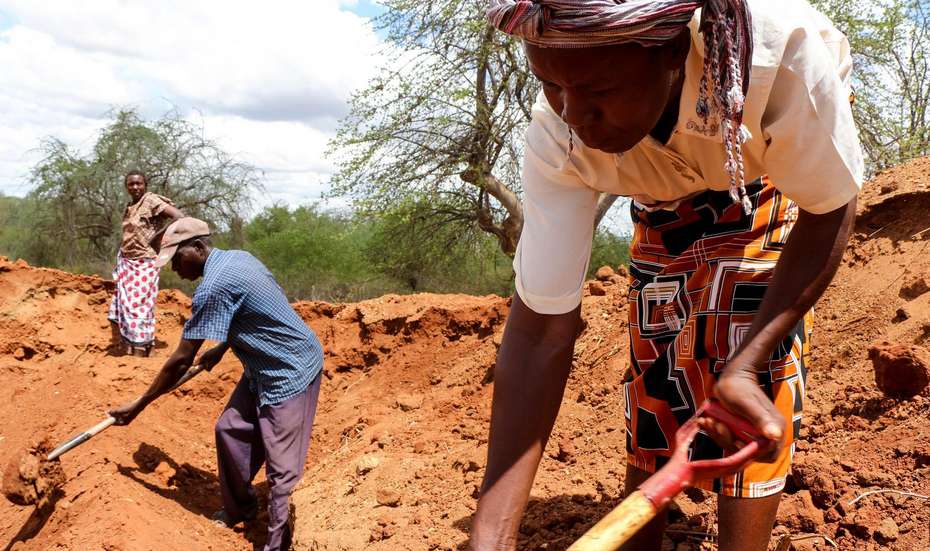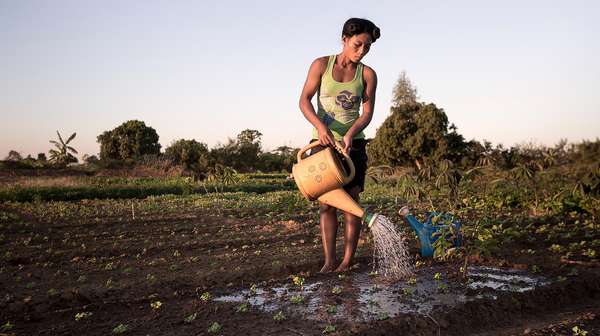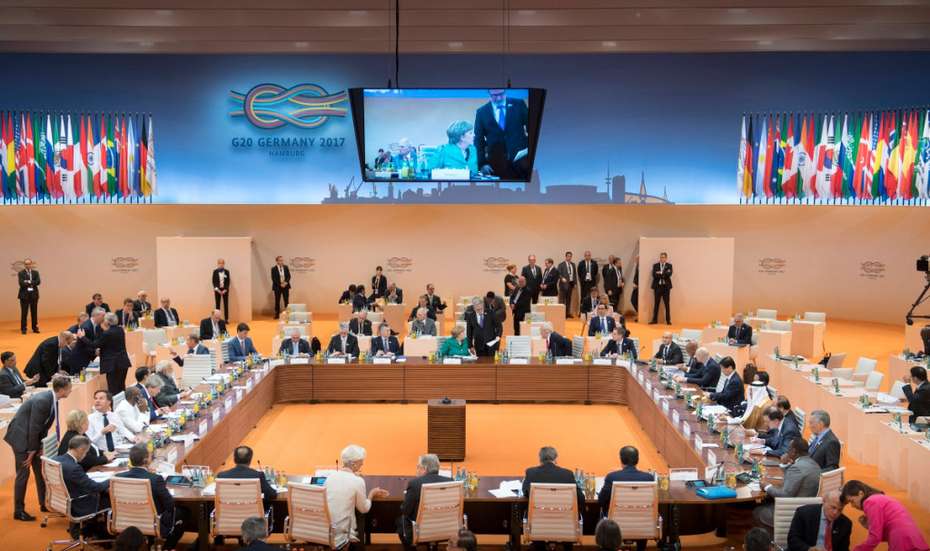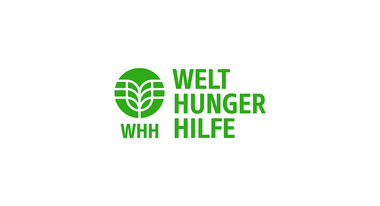G20 Summit - Missed Chance for Fight Against Hunger
"The G20 must become part of the solution instead of remaining part of the problem." This is how Welthungerhilfe formulated its demands before the meeting of the G20 heads of government. The outcome document contains many memoranda of understanding and declarations but also proves: They did not fully take advantage of this opportunity in Hamburg.
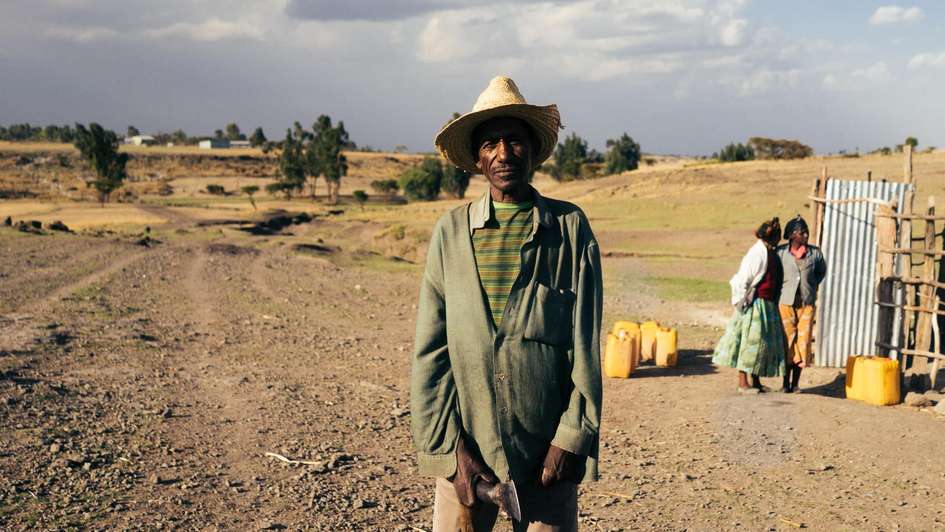
The 20 most influential countries in the world generate impressive figures. They represent 80% of total global economic output. They encompass two thirds of the global population and produce 80% of worldwide agricultural exports. At the same time, inequality is also extremely high within some G20 countries; India, for example, is still home to the greatest number of hungering people in the world. In addition, for the first time in the history of the G20, Africa was supposed to be in the centre of negotiations. The German federal government had set this focus as the host. It is therefore no wonder that expectations were high on the part of civil society organisations.
What Could the G20 Agree Upon?
The summit declarations upon which the heads of state could agree send absolutely positive signals. The G20 declared for Agenda 2030 and adopted a corresponding action plan. They committed to an initiative for rural youth employment (1.1 million new jobs by 2022), and 19 countries affirmed their commitment to the Paris climate agreement.
Another result of the summit regarded African economic development through investment partnerships with individual so-called reform countries. However, is it even possible to talk about African development without effective approaches for overcoming hunger and poverty and without investments in education and health?
Little Support for Poorest of the Poor
Committing to the issues of hunger and poverty seems unavoidable in this context. In fact, financial commitments were made for famines in the Horn of Africa, South Sudan, Nigeria and Yemen. However, more is necessary than the already late announcement by Donald Trump of 639 million dollars for the catastrophic famine. This money is indispensable; it saves lives.
The fact that the big stage of the G20 summit had to petition for this commitment shows that this had more to do with public relations posturing than with the principle of faster and more comprehensive humanitarian assistance. However, the goal must be to prevent hunger crises and their escalation from the outset. The refusal of the USA at the negotiations on climate change therefore really speaks for itself: Long-lasting droughts in the Horn of Africa are, after all, the catalyst for the famine in this region.
Many Questions, no Solutions for Fighting Hunger
Structural reasons that lead to hunger and malnutrition are not being approached in a sustainable manner. During this G20 summit, the heads of state once again failed to seize the chance to attack the causes for hunger at their root. In which specific areas of policy would improvements for the poorest of the poor have been urgently necessary? To list only a few important measures:
- Secure access to food, land and water
- Resolution of uneven power relations between smallholders and the agricultural industry
- Political solution of conflicts promoted by individual G20 states
- Binding agreements for low-emission economies and exit plans for fossil fuels
- Trade agreements and foreign investment that are bound to human rights, environmental and social standards and that can be enforced with real sanctions
More about G20 and G7
Some of these issues, such as fair trade, were at least addressed in the final G20 communiqué and its annexes. However, real solutions and concrete measures are missing. For example, the states announced their intention of decreasing harmful agricultural exports or of supporting the introduction of standards. However, the G20 failed to address the issues of how this is supposed to be done, how these processes will be supervised and in which time frame it must all be completed. What happens if individual states do not sufficiently commit to undertaking these efforts?
And even the much-hyped G20 partnership with Africa disappeared behind discussions on climate policy, measures in the fight against terror and trade policy. All that remains is essentially a collection of old prescriptions that will most likely fail. This was another missed chance.





